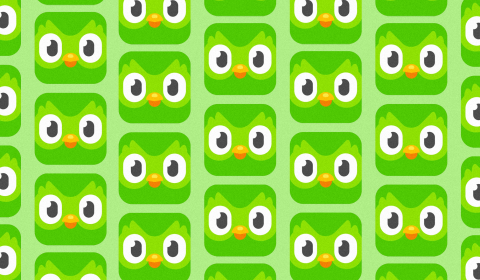Since the emergence of online dating apps almost a decade ago, they’ve become one of the most common ways new couples meet. However, some users are claiming that their addictive nature is causing harm to our relationships and mental health.
On Valentine’s Day, six dating app users filed a proposed class-action lawsuit accusing Tinder, Hinge, and other dating apps of using addictive, game-like features to encourage ‘compulsive use.’
Filed in the Northern District of California, the lawsuit claims that developers have knowingly incorporated ‘dopamine-manipulating product features’ into dating apps, similar to those used in gambling. The goal is to keep us coming back for more.
It states that users are locked into a perpetual hunt for ‘psychological rewards’ once they become active on these platforms, allowing dating apps to generate immense profit and market success via expensive subscription packages which promise an increased likelihood of finding a match.
The global dating app business has continued to grow since 2015 and was valued at around £6.3 billion in 2022. No doubt, its value will continue to increase in the coming years, with a recent survey showing that Millennials spend 10 hours a week on dating apps.
"I’m in therapy for a Tinder addiction – I swiped 1,000 times in 12 hours"
During Ed Turner’s first long-term relationship in 2021, which lasted a year, all he could think about was dating apps
By @kiaelise1https://t.co/79fT8wvF6u
— i newspaper (@theipaper) February 23, 2024












 (1/3)
(1/3) 








